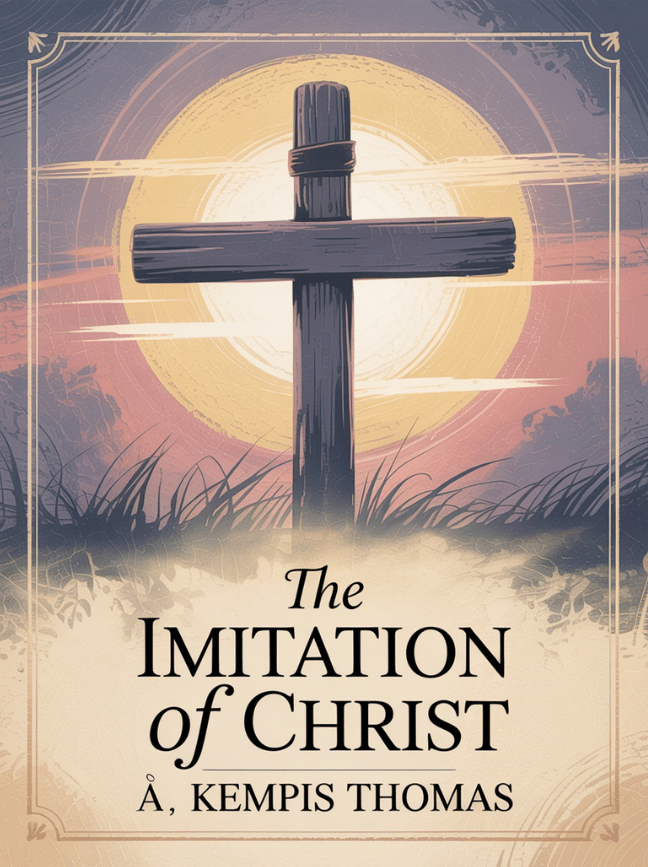188
CHAPTER 5. OF THE DIGNITY OF THIS SACRAMENT, AND OF THE OFFICE OF THE PRIEST
The Voice of the Beloved
If thou hadst angelic purity and the holiness of holy John the Baptist, thou wouldest not be worthy to receive or to minister this Sacrament.
For this is not deserved by merit of man that a man should consecrate and minister the Sacrament of Christ, and take for food the bread of Angels. Vast is the mystery, and great is the dignity of the priests, to whom is given what is not granted to Angels. For priests only, rightly ordained in the church, have the power of consecrating and celebrating the Body of Christ. The priest indeed is the minister of God, using the Word of God by God's command and institution; nevertheless God is there the principal Author and invisible Worker, that to whom all that He willeth is subject, and all He commandeth is obedient.
2. Therefore thou must believe God Almighty in this most excellent Sacrament, more than thine own sense or any visible sign at all. And therefore with fear and reverence is this work to be approached. Take heed therefore and see what it is of which the ministry is committed to thee by the laying on of the Bishop's hand. Behold thou art made a priest and art consecrated to celebrate. See now that thou do it before God faithfully and devoutly at due time, and shew thyself without blame.
Thou hast not lightened thy burden, but art now bound with a straiter bond of discipline, and art pledged to a higher degree of holiness. A priest ought to be adorned with all virtues and to afford to others an example of good life. His conversation must not be with the popular and common ways of men, but with Angels in Heaven or with perfect men on earth.
3. A priest clad in holy garments taketh Christ's place that he may pray unto God with all supplication and humility for himself and for the whole people. He must always remember the Passion of Christ. He must diligently look upon Christ's footsteps and fervently endeavour himself to follow them. He must bear meekly for God whatsoever ills are brought upon him by others. He must mourn for his own sins, and for the sins committed by others, and may not grow careless of prayer and holy
189
oblation, until he prevail to obtain grace and mercy. When the priest celebrateth, he honoureth God, giveth joy to the Angels, buildeth up the Church, helpeth the living, hath communion with the departed, and maketh himself a partaker of all good things.





